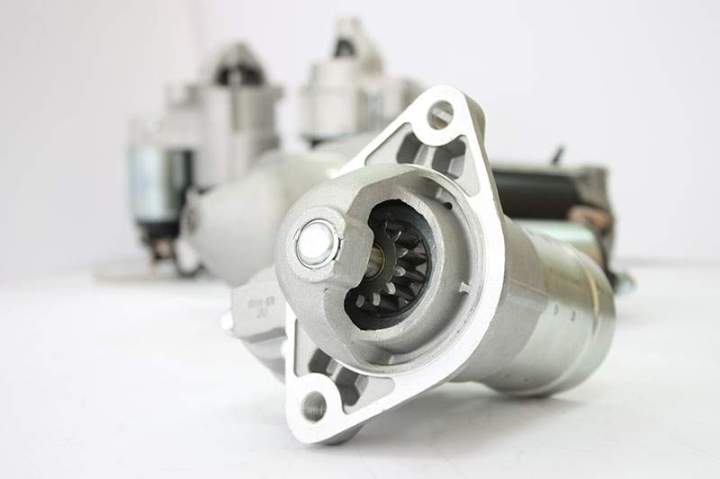How Do I Know If My Turbocharger Is Failing?

A failing turbocharger can significantly impact your vehicle's performance and potentially lead to more extensive engine damage. Recognizing the warning signs early is crucial. Metro Diesel and Turbo Service guides you through common indicators of a failing turbo.
Obvious Performance Degradation and Exhaust Issues
One of the most noticeable signs of a failing turbocharger is a significant degradation in your vehicle's performance. Since the turbo's primary job is to force more air into the engine for increased power, a failing unit will lead to a noticeable loss of acceleration and overall power. You might find your car feels sluggish, struggles to maintain speed on inclines, or simply doesn't respond as quickly as it used to when you press the accelerator. This "turbo lag" might become more pronounced or constant. Another tell-tale sign is excessive smoke from the exhaust pipe. Blue-grey smoke typically indicates that oil is burning, often due to a worn turbocharger bearing seal allowing oil to leak into the exhaust or intake.
Black smoke, especially under acceleration, could suggest an issue with the turbo's ability to supply enough air, leading to incomplete combustion of fuel. Additionally, a whistling or whining sound that becomes progressively louder or more distinct, particularly when the engine is under load, can point to worn bearings within the turbocharger. If you experience any of these symptoms, it's vital to address them promptly to prevent further engine complications. Metro Diesel and Turbo Service recommends a professional inspection at the first sign of trouble to accurately diagnose the issue.
Unusual Noises and Warning Lights
Beyond performance issues, certain auditory cues and dashboard indicators can strongly suggest a failing turbocharger. A high-pitched, siren-like whine that increases in pitch with engine RPM is a classic symptom of worn turbocharger bearings. This noise is distinct from typical engine sounds and usually signifies that metal-on-metal contact is occurring due to inadequate lubrication or excessive wear. As the problem worsens, this whine can escalate into a grinding or scraping sound, indicating severe damage to the turbo's internal components.
Furthermore, a "check engine" light illuminating on your dashboard should never be ignored. Modern vehicle diagnostic systems are highly sophisticated, and a fault code related to boost pressure, air-fuel mixture, or mass airflow sensor readings can often be traced back to a malfunctioning turbocharger. While the light itself doesn't pinpoint the turbo, it signals a system imbalance that warrants immediate investigation. Ignoring these warning signs can lead to catastrophic turbo failure, potentially sending metal fragments into your engine and causing extensive damage. For accurate diagnosis and expert repair or replacement, turn to Metro Diesel and Turbo Service. Our technicians are equipped with specialized tools and expertise to identify and resolve turbocharger issues, ensuring your vehicle's longevity and optimal performance.